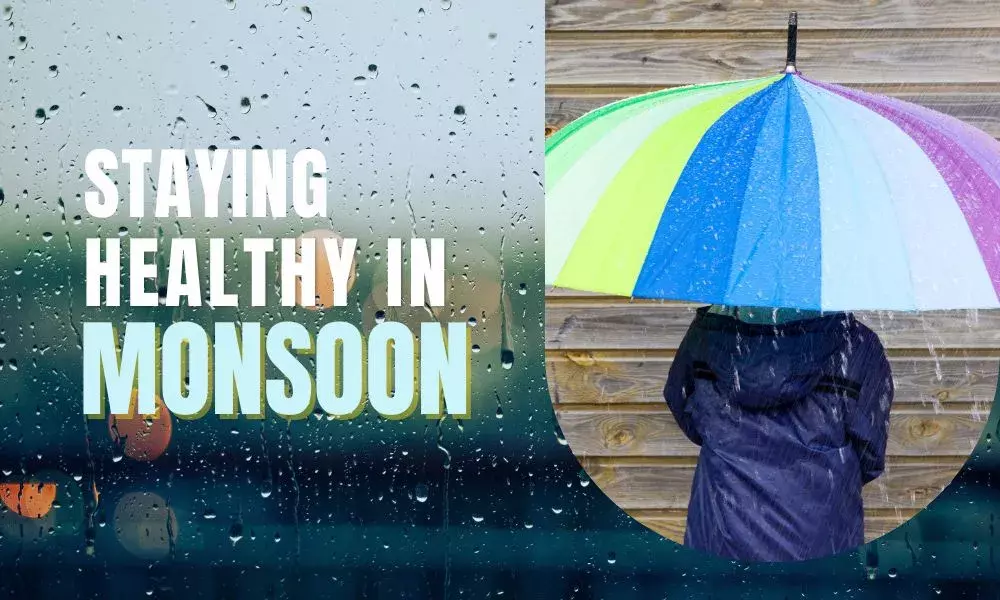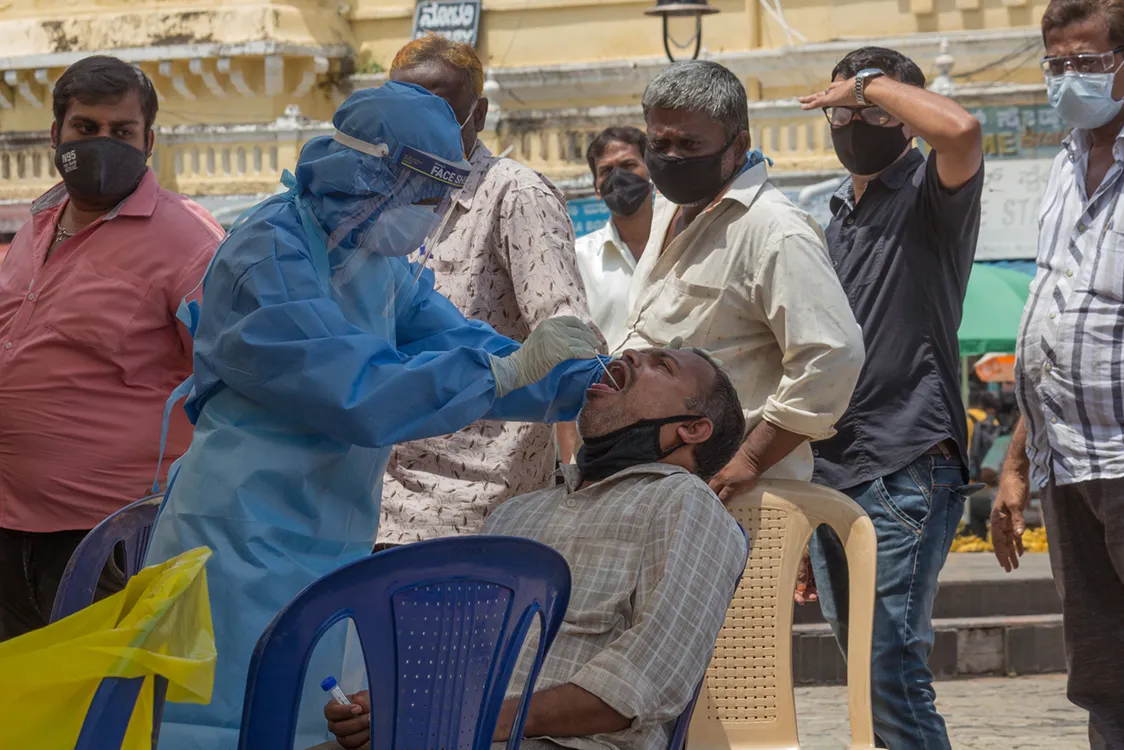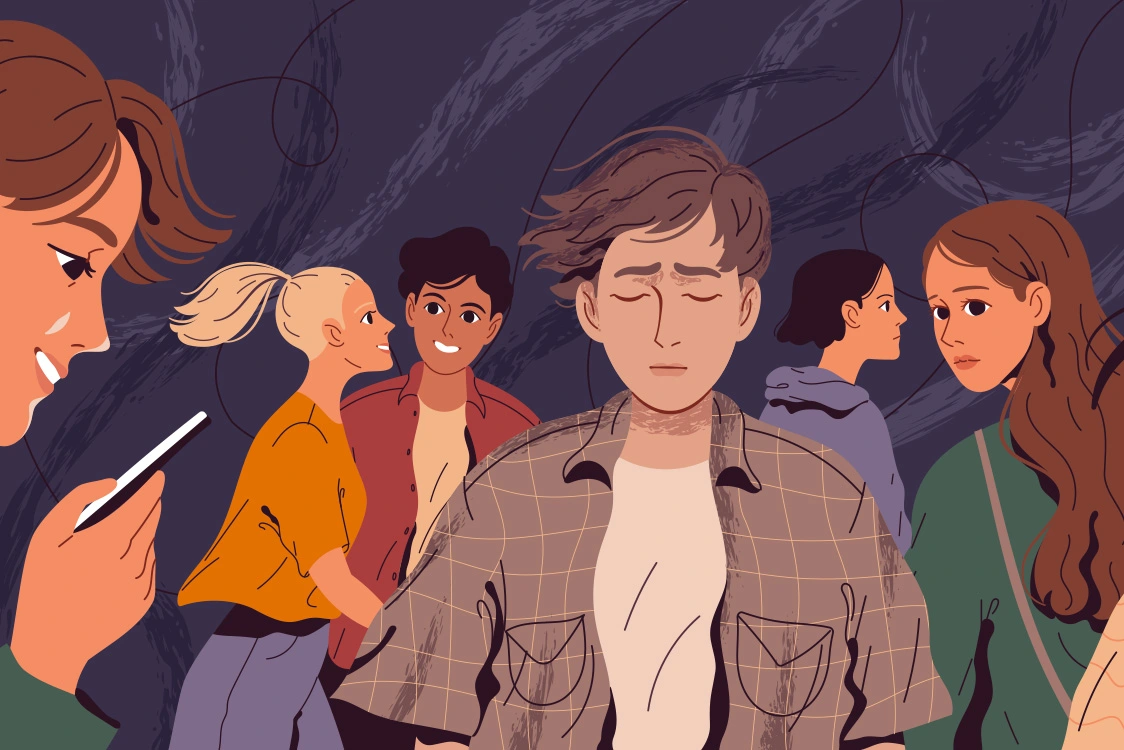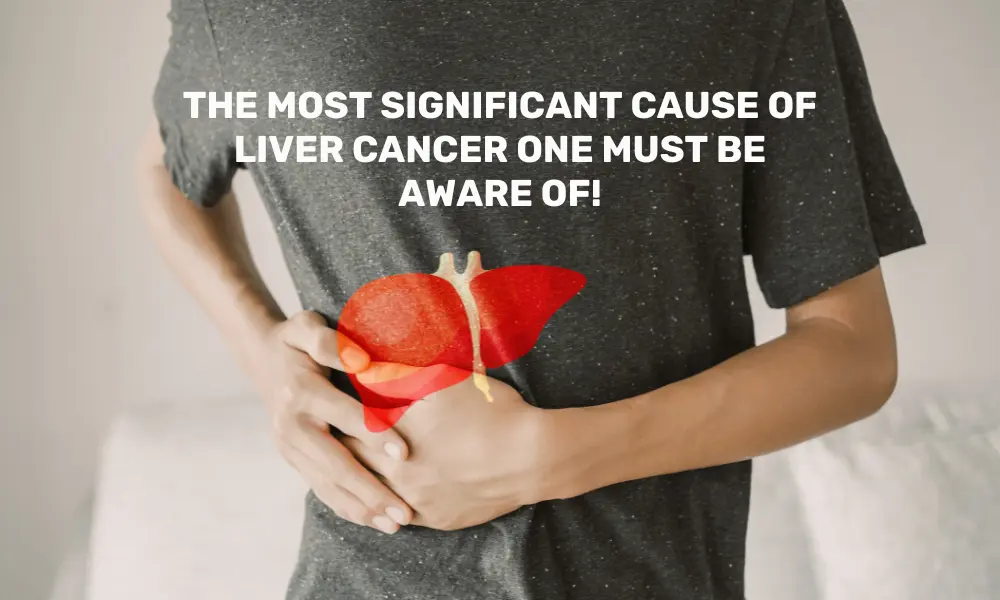The rainy season is a great break and relief from the scourging heat of summer. But it does not mean you get yourself wet frequently; rather, one must be extra cautious during monsoon, as chances of getting a common cold are high this season.
You must protect yourself and your family from the health hazards associated with this season. Dengue, Malaria, Typhoid, and Jaundice are major diseases people are likely to contract in the rainy season.
Here are eleven tips to stay healthy this monsoon.
-
Eat freshly cut Fruits and Vegetables
Bacteria and germs tend to accumulate in pre-cut fruits and vegetables, especially during monsoon. Cut fruits and vegetables when you intend to eat/cook. Avoid cutting fruits and vegetables in advance. Additionally, clean leafy vegetables thoroughly in flowing tap water; there are chances of having worms in the vegetables.
-
Drink Purified Water
Generally, in comparison to summer, people tend to drink less water in monsoon. Irrespective of the season, your body requires a basic amount of water to function normally. You must ensure that you are drinking enough water. Also, it is crucial to drink boiled or purified water, in the rainy season. Avoid drinking juice from roadside juice vendors, as they may use contaminated water. Further, carry your own purified/boiled drinking water while travelling.
-
Avoid street food
Street food is delicious and always enticing. But, in the rainy season, hygiene is most important. We may not be sure of the hygiene followed while preparing the food and the quality of ingredients used in street food. Therefore, avoid having street food. Instead, prefer freshly home cooked food, as you need to be extra cautious in the monsoon about hygiene and contamination.
-
Avoid walking in dirty water
Walking in dirty water can expose your feet to viruses and bacteria. Try to avoid stepping into the puddles of water on the road. If you happen to step in one, change your footwear immediately upon reaching home and wash your feet with disinfectants. Keeping a pair of shoes and socks at your workplace is a good idea to stay dry.
-
Avoid being in wet shoes for long
Wet shoes can be a home for pathogens to grow. Ensure you wear dry shoes in case your shoes get wet. You can use special rubber shoes meant for the rainy season, as the water gets drained from them easily and they dry quickly.
-
Enter an air-conditioned room only when you are dry
If your office or home is air-conditioned and you get drenched during your commute, wait before entering the air-conditioned space. Dry yourself first; if possible, change into dry clothes. Air conditioners blast cold air, increasing your chances of getting a common cold if your hair, skin, feet, and clothes are wet.
-
Bathe well post getting wet in the rain
Bathing well in warm water and cleaning yourself dry after you return home is a nice way of staying hygienic. This will keep you fresh and reduce any impact of contact with infection or impure water on the road.
-
Take precautions against mosquitoes
Most mosquitoes and other monsoon pests breed in collected or stagnant water. The best way to avoid them or get rid of them is by clearing out stagnant water from your indoors as well as surroundings. As soon as water collects in animal dishes, gardens, coolers and other areas, make sure you clear it before it can attract disease causing mosquitoes. Stop mosquitoes from laying eggs in or near water.
Once a week, empty and scrub, turn over, cover, or throw out items that hold water, such as tires, buckets, planters, toys, pools, birdbaths, flowerpots, or trash containers.
Caution against mosquitoes does not end with clearing stagnant water around. Mosquitoes can bite you anywhere and anytime. So make sure that you generously apply mosquito repellents when you go out and even in your home. Make sure you are using mosquito repellents, mosquito nets, etc. Take regular health check-ups and consult your doctor if you feel unwell.
-
Nail Care
Even if you are not in the habit of tending to your nails, you must during the rainy season. Cut your nails regularly, keep them short, and wash them underneath flowing tap water so that germs and bacteria do not accumulate.
-
Protect yourself against allergens
Allergies can become severe during the monsoon. If you are allergic to dust, vapours, or pollution, you must wear a mask when you go out. Always keep your doctor-prescribed anti-allergy medicine with you.
-
Keep a safe distance from sick people
Since many people contract the flu or common cold during the monsoon, you must be extra alert. While travelling, make sure you distance yourself from visibly sick people so that respiratory particles from them do not enter your system.
Monsoon rains can bring some sickness, but by practising all these things, you can keep away from monsoon-related diseases and continue enjoying the pleasant weather.





